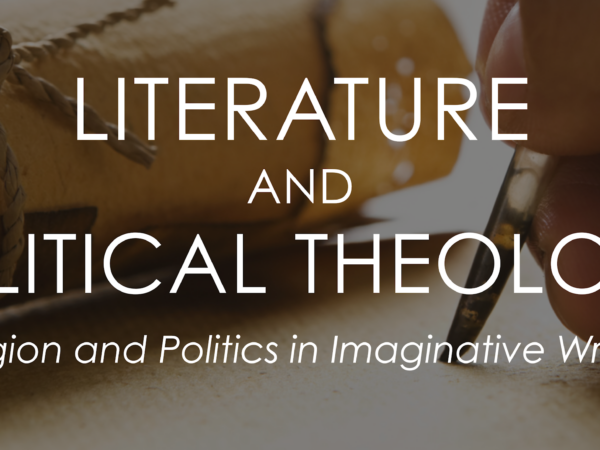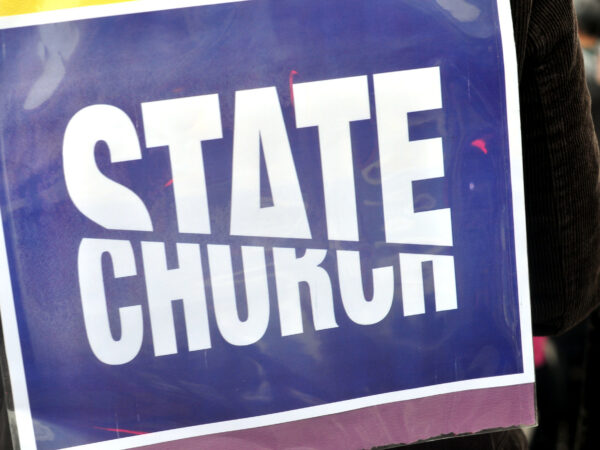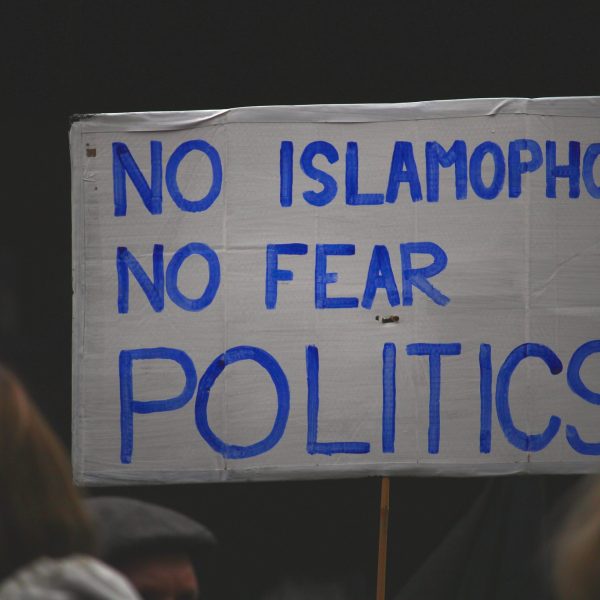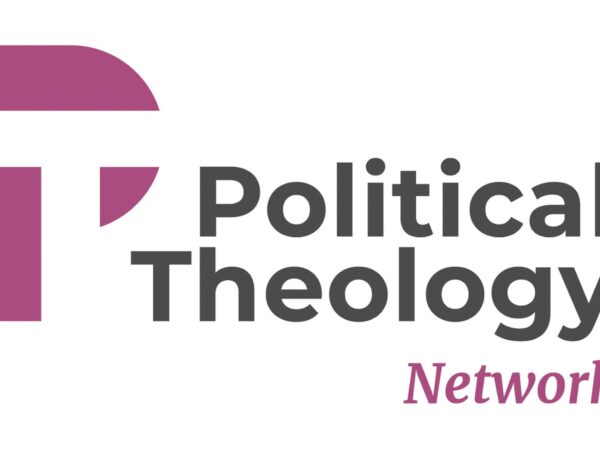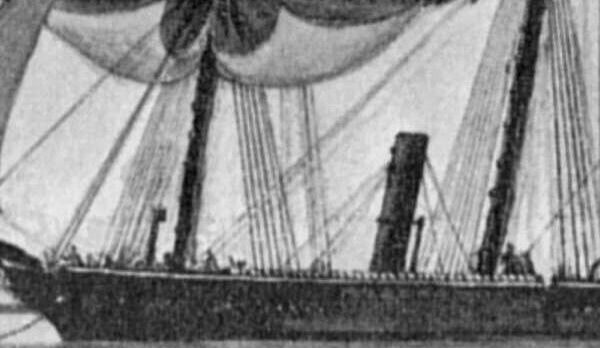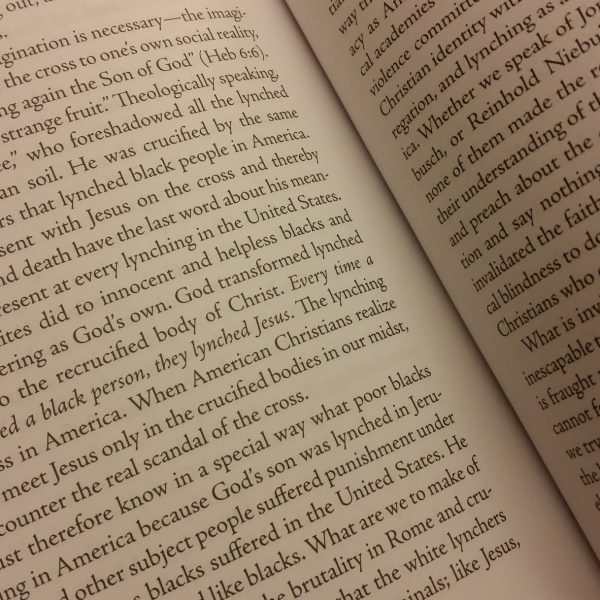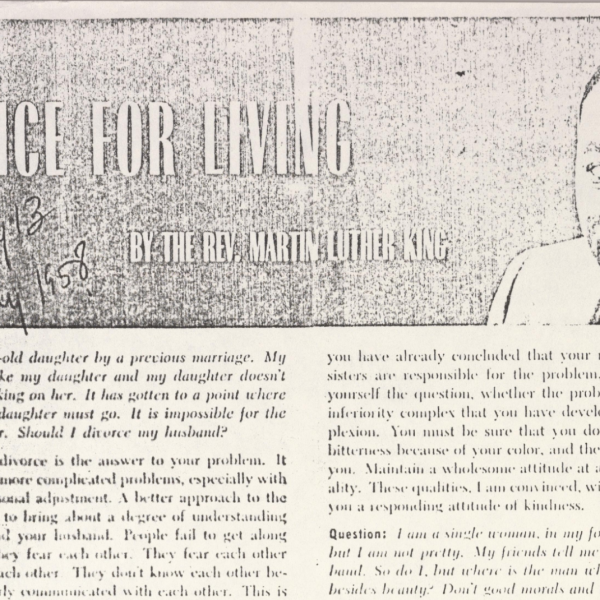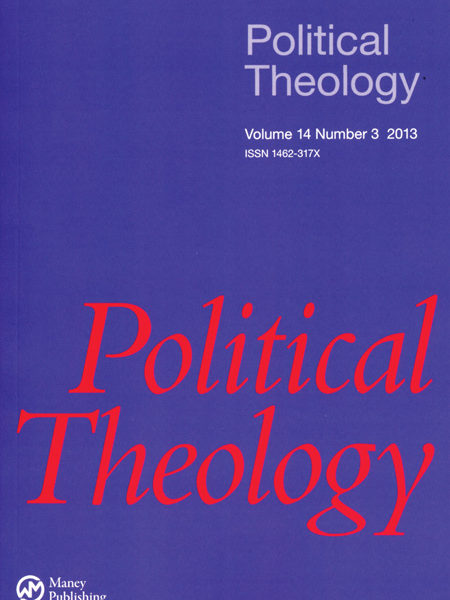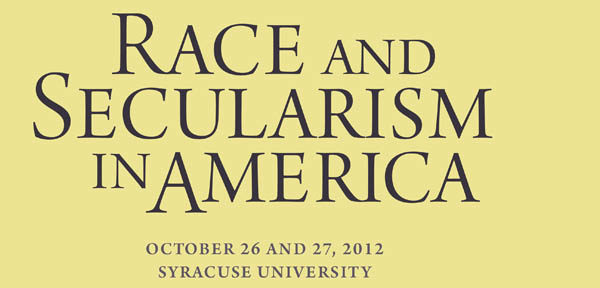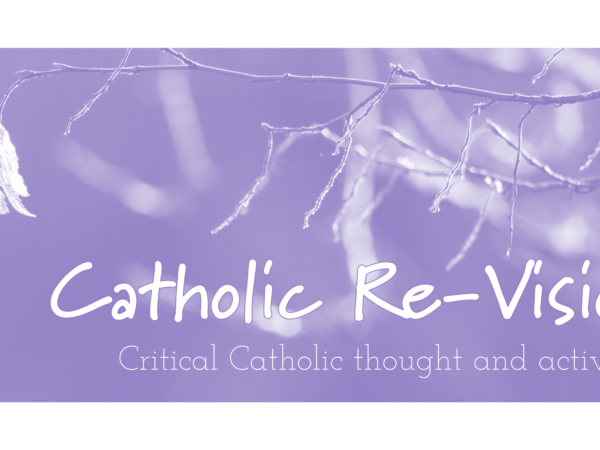Vincent Lloyd
Vincent Lloyd is a professor of theology and religious studies and director of the Center for Political Theology at Villanova University. He is the author of Black Dignity (2022), co-author of What Is Political Theology? (2025), and co-editor of Political Theology Reimagined (2025). Lloyd is editor-at-large of the journal Political Theology.Symposia
Essays
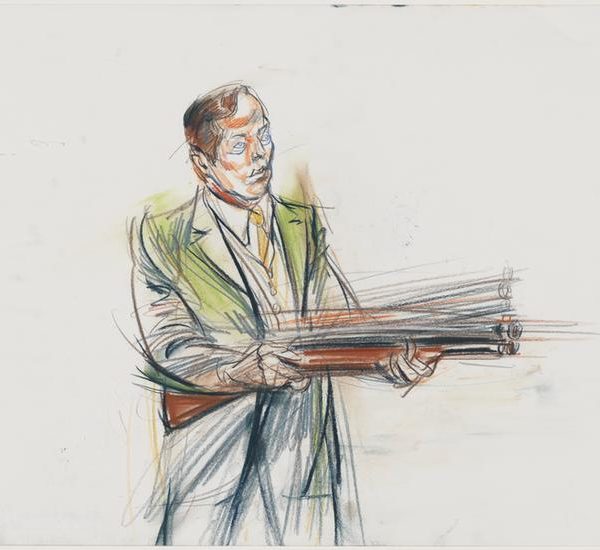
Three years before, Eleanor Bumpurs had been shot. A sixty-six year old black woman shot by a white police officer. Shot twice. With a shotgun. In her home. A case against the police officer wound through the courts in fits and starts. In 1987 the officer was acquitted. It was then, on the streets in front of the courthouse, that the press recorded for the first time the chant, “no justice, no peace.”
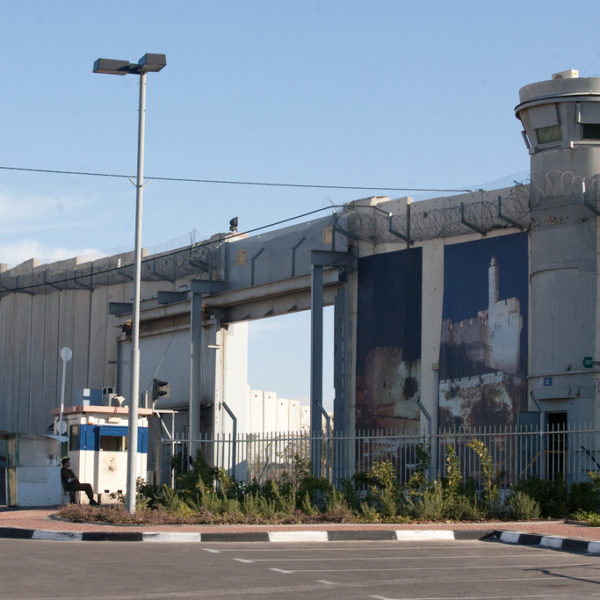
Several of my friends joined a Facebook meme soliciting a list of the ten books that most influenced you. I thought myself too cool to participate, but if I had, Judith Butler’s Gender Trouble would have been on my list. I devoured it one winter break when I was home from college. At the time, I was fascinated by the world of feminist theory to which Butler introduced me.
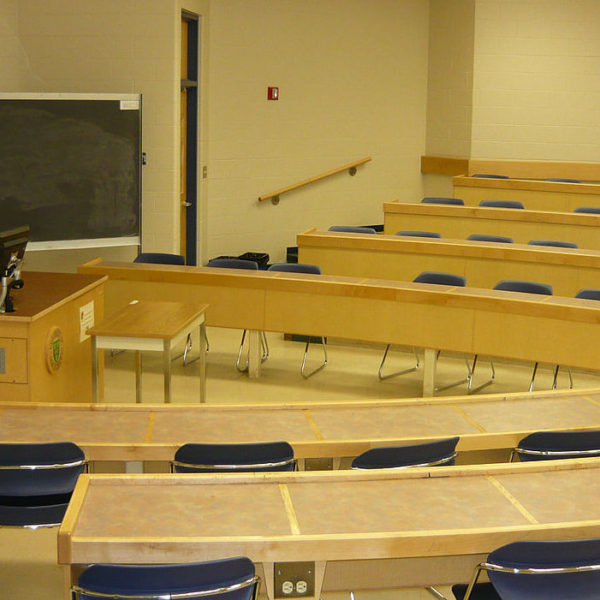
The phrase “political theology” is used in many ways, across many disciplines. Over the past few years, an increasing number of courses have been offered calling themselves Political Theology, or describing their topics as political theology. We have invited faculty from political science, religious studies, theology, and history who teach courses on political theology to share their syllabi on this blog over the coming weeks, and to reflect on political theology pedagogy

Following the very useful list posted on Religion in American History, we’ve put together a list of several forthcoming books relevant to political theology to keep an eye out for as they are published in the coming months. If we’ve missed any, please share them in the comments. Come summer, we hope to have another list for you, introducing all the books due in the second half of the year.

If an academic field is defined in part by its canon, wide divergence on canon would suggest that what appears to be a field might not really be one. In the case of political theology, there seems to be this sort of incoherence: an anthropologist writing an article about political theology may never have heard of Dorothee Sölle, while a seminary professor writing an article about political theology might never have heard of Claude Lefort.
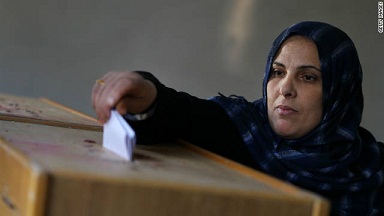
The revival of interest in political theology at the turn of the millennium began with Islam, then moved to Christianity. In the wake of September 11, 2001, it became clear that not all religion was fading away, nor was all religion confined to the private sphere. The evidence: radical Islam. But the obvious risk of Islamophobia that accompanied a focus on Islam as anomalously growing and anomalously public prompted some scholars to explore how Christianity itself was neither fading away nor thoroughly privatized. Instead of focusing on Islam as anomaly, political theology provided a framework for complicating the West’s story of itself, for probing the complex and continuing relations between religious and political ideas.
Over the summer posts on this blog have discussed Giorgio Agamben’s The Kingdom and the Glory. Longer versions of some of these posts will be featured in an upcoming issue of the print version of Political Theology.
Here are links to each of the online contributions to the symposium: […]
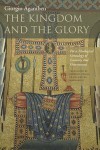
As the humanities have rediscovered religion, new sorts of questions are being asked about religion and politics. Religion is no longer imagined as a check box, as the social sciences would like to see it: something you have or don’t, something that comes in one of several flavors of belief. Now that religion is not only about belief but about practices and ideas, with histories, intertwined with other practices and ideas, the intersection of religion and politics is no longer a point, but a varied terrain with multiple dimensions. […]
With the elections in Spain two weeks ago, the first modern government to explicitly model itself on the work of an academic political philosopher was voted out of office. The Spanish Prime Minister, Jose Luis Rodriguez Zapatero, had become a devotee of the Princeton political philosopher Philip Pettit in 2000, when Zapatero was leader of the opposition searching for how to envision left-liberal politics distinct from the Clinton-Blair “third way.” As a Zapatero associate put it, “Philip Pettit provided us with the appropriate grammar to furnish our political intuitions, to express the kind of proposals and dreams we had in mind for Spain. Pettit’s republicanism has been our north star.” Does the political philosophy that Zapatero found so compelling, civic republicanism, leave a role for faith?
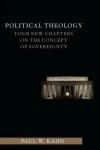
Kahn’s book is intriguing and in many places insightful, conversant in theoretical literature ranging from that of Giorgio Agamben to that of Brian Leiter. I have two worries, one about Kahn’s similarity to Schmitt and another about Kahn’s difference from Schmitt. I worry that the richness of Schmitt’s treatment of theology is diminished in Kahn’s treatment, with theology being reduced to religion – religion that sounds quite liberal and quite Protestant. And I worry that Kahn, like Schmitt, may not provide sufficient space for difference (racial, gender, class, and even religious) in his constructive account. I will approach these worries indirectly, after first rehearsing some of Kahn’s discussion of sovereignty.
In the days and weeks – indeed, years – before the execution of Troy Davis, a variety of voices, many purported theological, others secularized, addressed his case. Some argued that Troy Davis was innocent. They pointed to the details of his trial, including witnesses who had changed their testimony. Innocence is a tricky, and a dangerous, rhetorical implement. At the end of the day, we are all guilty. But the point that the Davis case illustrated is that our guilt is always opaque. To pretend that guilt is transparent may be necessary in some circumstances, but in such cases there should always be a spirit of humility.
As it is, much scholarship associated with political theology has been captured by the same fantasy that animated the 9/11 attacks. It is a very white, very male, very Western fantasy, one that is taken too literally by foreign subjects of American hegemony who have gone astray. There is such a thing as Sovereignty, which can be wielded by a Dictator or embodied in a People or hidden in Capital or represented in Towers. The goal is to defend It, or capture It, or displace It, or pluralize It, or expose It, or destabilize It – or, quintessentially for the academic, interrogate It.
The American theologian H. Richard Niebuhr began his prescient, perhaps timeless, essay on the Sino-Japanese War – “It may be that the greatest moral problems of the individual or of a society arise when there is nothing to be done.” In the face of a colonial conflict in Asia, and calls for U.S. intervention, Niebuhr urged an active inactivity.
The wisdom of the world pretends completeness, offers an answer for every query, a reason for every action. Paradox is anathema: dark and demented. And so the interests of the wealthy and the powerful are secured, the false comfort of worldly wisdom prerequisite for accumulation and domination. That which threatens the supremacy of this wisdom – and so threatens the interests of the wealthy and the powerful – can only be “vile, cruel, and destructive.”
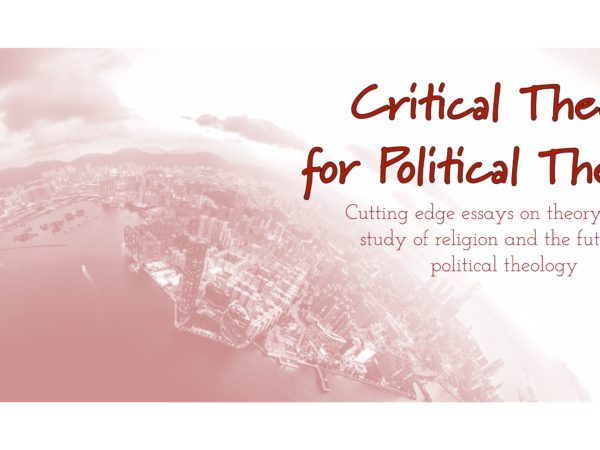
We launched this series to make available theoretical resources that keep pace with the concerns raised by those working with political theology today, whose interests are increasingly tied not only to questions of genealogy, speculation, and political modernity, but also to questions of race, colonialism, gender, sexuality, disability, ecology, labor, finance capitalism, and economies of affect.

